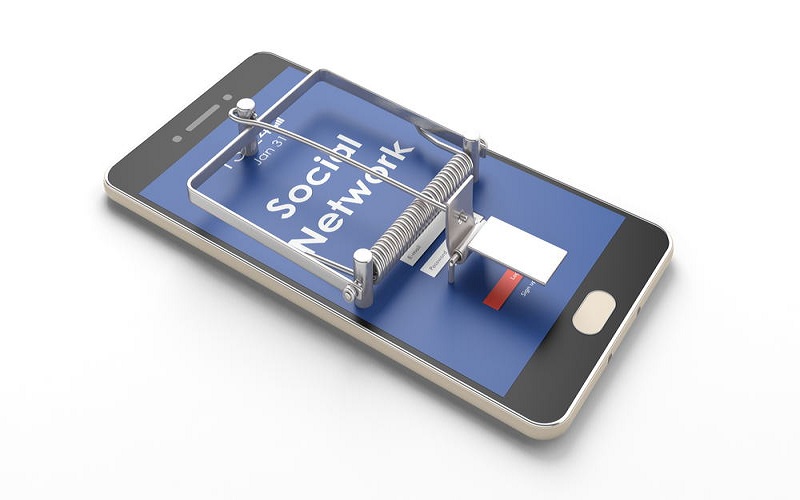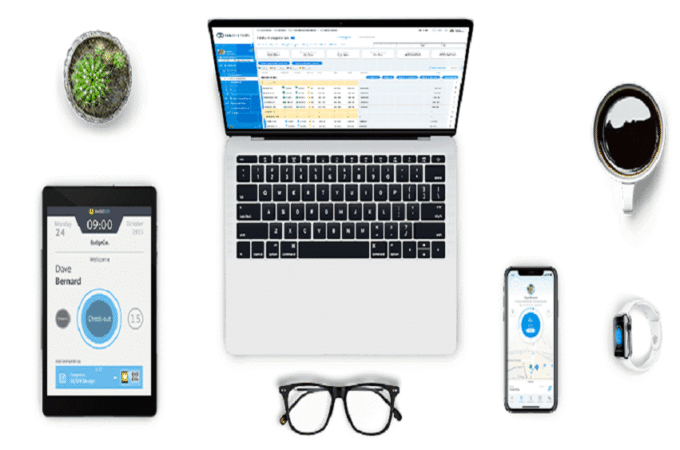
The Hidden Dangers of Social Media: What Every User Should Know
Social media platforms like Facebook, Instagram, and Twitter have become deeply integrated into our daily lives. Nevertheless, there are hidden dangers that come with using these that every user should know.
Over-Sharing Personal Information
One of the most common mistakes is sharing too much personal information publicly. This might include your full name, birthday, hometown, address, phone number, or even details about your day-to-day routine and locations. Such information can easily fall into the wrong hands and be used to carry out identity theft or other such scams. For example, fraudsters can use your birthday and address to take out a loan or credit cards in your name.
To avoid over-sharing, review your privacy settings carefully and use tools that let you limit who sees certain posts or profile details. Never share personal details publicly and be cautious about connecting with those you don’t really know well or accepting any and all friend requests, as this gives them access to your information.
Phishing Attacks
Phishing is a type of online scam whereby criminals pretend to be someone else to trick you into sharing passwords, financial information, or installing malware. On social platforms, you may get a message or email from an account impersonating family, friends, businesses, support services, or sweepstakes. These often use urgency, threatening language, or too-good-to-be-true offers to get you to click malicious links or attachments without realizing it’s a scam.
Always verify unexpected messages before clicking or sharing any sensitive information. Look for odd URLs, grammatical errors, or details that just don’t seem right. Pay attention to the overall tone and quality of the message. The experts over at Outseer suggest using scam detection tools and techniques like hover-revealing links, reverse image searches, and identifying impersonation attempts to analyze links and attachments before interacting with them. If something seems suspicious, report the account or message to the platform in question.
Data Privacy Issues
Social media companies themselves also pose a threat to your personal privacy through expansive data collection and sales. Platforms gather enormous amounts of information on each and every user, including contacts, messages, clicks, locations, purchases, and device info. Most sell at least some of this data for advertising or analysis purposes without the user’s explicit consent.
You can employ privacy settings, VPNs, apps and browser extensions to limit data access and collection. But ultimately, usage of these platforms requires handing over some personal information and reduced privacy. Every user must determine their own risk tolerance levels for such data sharing and surveillance practices. Understand that your data likely doesn’t belong solely to you once shared online.
Mental Health Impacts
Beyond privacy and fraud issues, social media can also negatively impact mental health and well-being. Platforms often utilize hidden techniques to keep users coming back and scrolling for hours, triggering dopamine responses. Seeing the carefully curated, yet unrealistic, highlights of everyone’s lives can lead to feelings of loneliness, inadequacy, anxiety, depression, irrational comparisons, and fear-of-missing-out (FOMO).
Set smart limits on your time spent on social platforms per day, week, or month. Use timer apps or focus modes to cut back usage. Give yourself regular and intentional breaks for days or weeks if needed to reset your mindset and pay close attention to how certain platforms make you feel after scrolling for a while. Stay self-aware of the holistic impact of social media on your health.
Conclusion
While social platforms provide some positives, users must employ good “digital hygiene” when interacting online. Think carefully before clicking, sharing, or providing any information to a person or platform online. Your safety, privacy and well-being depend greatly on your own caution and critical thinking in navigating the modern social media landscape.




